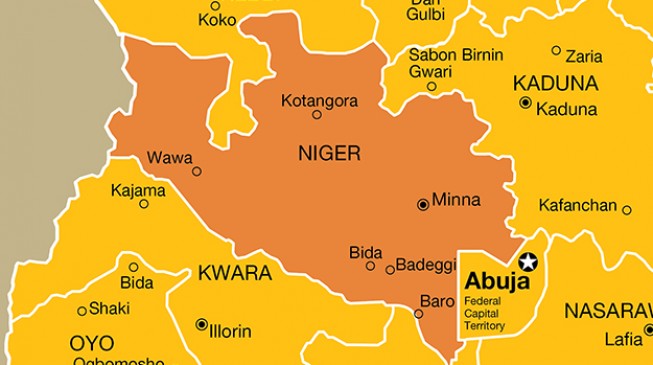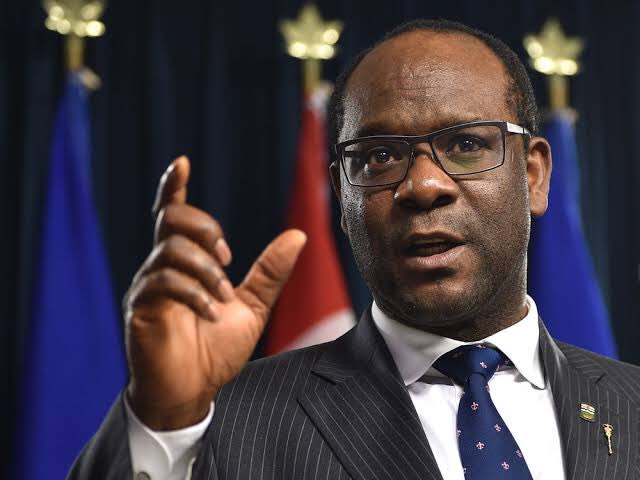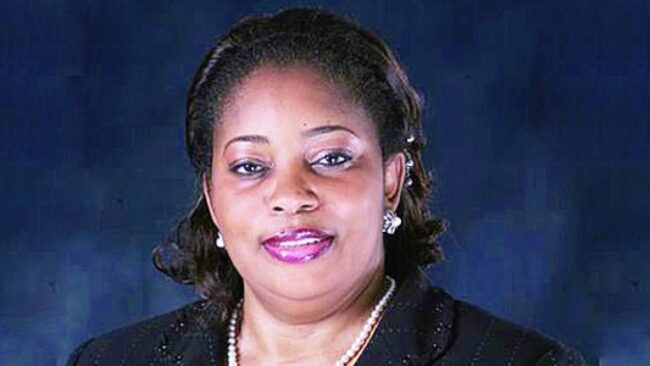Apollos Nwauwa, chairman of the Nigerian Diaspora Movement (NDM), a non-governmental organisation, says the 2020 Christmas celebration was the “worst ever” for many Nigerians in the US due to the restrictions as a result of the COVID-19 pandemic.
Nwauwa, in an interview with NAN on Monday, related the experiences of Nigerians abroad, noting that they marked the date without the usual fanfare associated with travelling to Nigeria to reunite with loved ones in December.
Due to the second wave of infections and the discovery of new variants of the virus, some countries have banned flights and enforced lockdown measures.
Although flights to Nigeria have not been banned, the presidential task force (PTF) on COVID-19 has issued strict guidelines for inbound passengers, especially for persons from UK and South Africa where the new variants have been discovered.
Advertisement
Nnauwa, who is also the secretary general and public relations officer (PRO), African Diaspora Congress (ADC), said COVID-19 altered social lifestyle and made the Christmas celebration a dreadful experience.
“Every year, come rain, come sunshine, Nigerians travel home to celebrate Christmas and New Year with their families and friends back home,” he said.
“From January of every year, Nigerians in the US begin to save money to travel home. By April, almost all international flights to Nigeria are usually sold out for December travels, due to the rush to purchase tickets.
Advertisement
“This is usually to secure reasonable fares and guarantee seats on home-bound flights, but COVID-19 pandemic has truncated this annual migratory pattern and social lives for many Nigerians in the US.
“Given the huge death toll, Nigerians, like other US residents, have spent the better part of this year locked inside their homes just to stay safe. For the first time, Nigerians had no choice than to spend their Christmas in solitude in the US with no fanfare, with no friends and larger family.
“For many, 2020 Christmas is the worst ever for Nigerian and African diasporans. It is typically lonely and dreadful; the same lonesomeness will mark the upcoming New Year celebration.
“It is certainly a year that most Nigerians and Africans in diaspora will prefer to forget, though not even in a hurry because of its long-lasting devastations and deprivations.”
Advertisement
Add a comment






